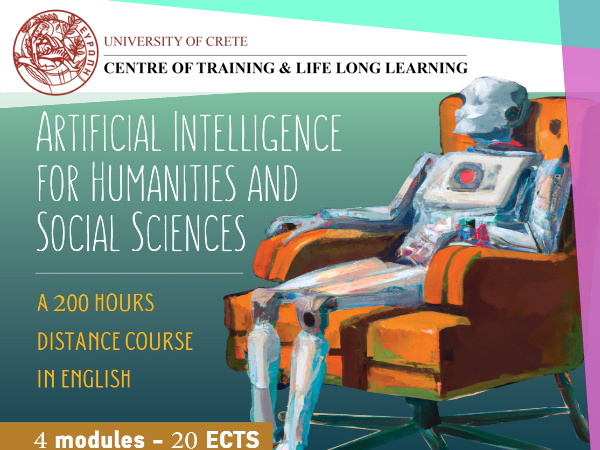Spring 2025 Lecture Series
📅 Date: Monday, March 31, 2025 | ⏰ Time: 2:00 PM
📍 Location: Meeting Room Α303, Mathematics Department Building, University of Crete
Guest Lecture
🔹 Speaker: Ioannis Ntzoufras, Athens University of Economics and Business
🔹 Title: Bayesian Stochastic Block Model for Categorical Responses and its Application in Assessing Competitive Balance in Football.
Abstract
The Stochastic Block Model (SBM) is a foundational tool in network analysis, often extended to address complex problems in various domains. In this work, we develop a Bayesian network model based on an extension of the SBM where the response is categorical and denotes different type of connections between nodes. The data are represented by a large table which is similar to a contingency table but now interest lies to finding similarities in the connections between nodes. The method can be used for either sparse or dense networks without loss of generality. We use the simple multinomial-Dirichlet conjugate Bayesian model for the estimation of the model parameters and the reversible jump algorithm for the identification of blocks/clusters/communities with similar connection properties.
The proposed methodology can be used to evaluate competitive balance between teams in a sports league. We represent the outcomes of all matches in a football season as a dense network, where nodes correspond to teams and the categorical edges reflect the results of each game—win, draw, or loss. This model is then applied to assess competitive balance, a topic of great interest in sports Economics and of general public. The primary focus of this application is on the English First Division / Premier League, covering over 40 seasons. Our analysis indicates a structural shift in competitive balance around the early 2000s, transitioning from a reasonably balanced league to a two-tier structure.









